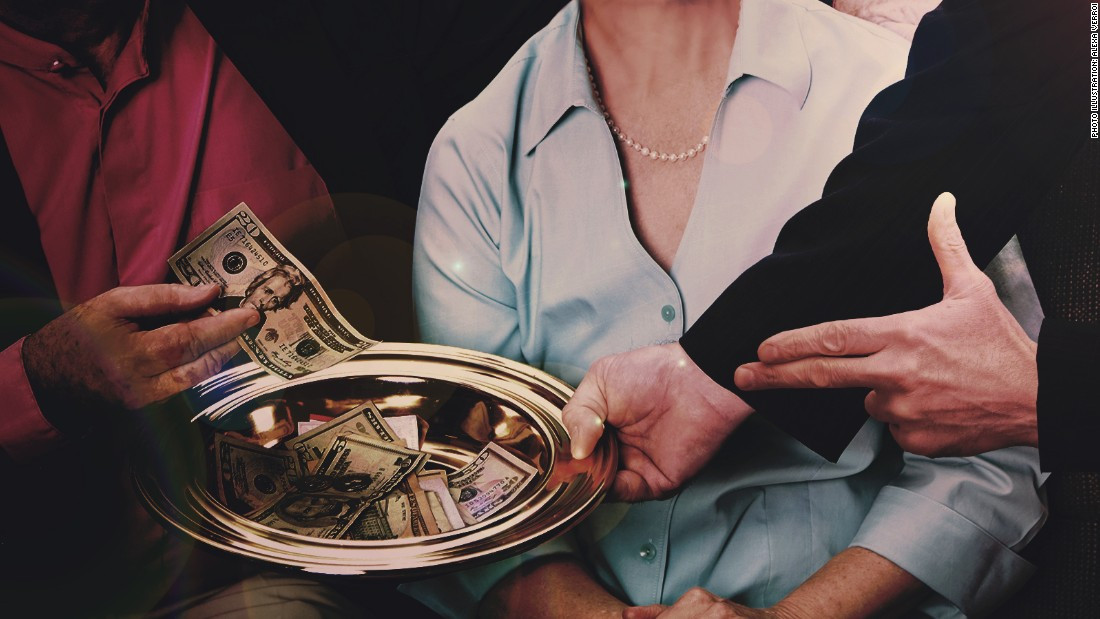Cage the Elephant’s hit song, “Ain’t No Rest for the Wicked,” released in 2008, isn’t just a catchy tune; it’s a thought-provoking narrative that challenges listeners to reconsider their judgments of others. The track delves into encounters with individuals living on the fringes of society, prompting reflection on circumstance versus morality. Instead of quick condemnation, the song encourages a deeper look into the “why” behind people’s actions, resonating with a message of empathy and understanding.
 Cage The Elephant band logo banner for 'Ain't No Rest for the Wicked song' article
Cage The Elephant band logo banner for 'Ain't No Rest for the Wicked song' article
Delving into the Narrative of “Ain’t No Rest for the Wicked”
The song unfolds through a series of vignettes experienced by the narrator as he walks down the street and later returns home. These encounters aren’t random; they are carefully chosen to represent different facets of societal struggles and the choices people make when faced with hardship. Each verse presents a character caught in a difficult situation, offering a glimpse into their motivations without explicitly condoning or condemning their actions.
The Prostitute’s Plea in “Ain’t No Rest for the Wicked”
The first encounter is with a young prostitute. The lyrics paint a picture of a chance meeting:
I was walking down the street when out the corner of my eye
I saw a pretty little thing approaching me
She said, “I never seen a man, who looks so all alone
And could you use a little company?
If you can pay the right price, your evening will be nice
But you can go and send me on my way”
I said, “You’re such a sweet young thing, why you do this to yourself?”
She looked at me and this is what she said
The narrator, seemingly from a place of privilege, questions her choices, asking “why you do this to yourself?”. This question highlights a common societal tendency to judge sex work without understanding the underlying reasons.
 Illustration of a young woman representing the prostitute in 'Ain't No Rest for the Wicked' song lyrics
Illustration of a young woman representing the prostitute in 'Ain't No Rest for the Wicked' song lyrics
Her response is the powerful chorus that gives the song its title and its core message:
Oh there ain’t no rest for the wicked
Money don’t grow on trees
I got bills to pay, I got mouths to feed
There ain’t nothing in this world for free
Oh no, I can’t slow down, I can’t hold back
Though you know, I wish I could
Oh no there ain’t no rest for the wicked
Until we close our eyes for good
This refrain reveals the harsh realities driving her actions. It’s not about choice in a vacuum, but a necessity driven by financial pressures and responsibilities. “Ain’t No Rest for the Wicked” here underscores the relentless nature of survival for those struggling to make ends meet.
The Robber’s Rationale in “Ain’t No Rest for the Wicked” Lyrics
The song continues with another stark encounter, this time with a robber:
Not even fifteen minutes later after walking down the street
When I saw the shadow of a man creep out out of sight
And then he swept up from behind, he put a gun up to my head
He made it clear he wasn’t looking for a fight
He said, “Give me all you’ve got, I want your money not your life
But if you try to make a move I won’t think twice”
I told him, “You can have my cash, but first you know I gotta ask
What made you want to live this kind of life?”
He said
Again, the narrator’s question, “What made you want to live this kind of life?”, showcases a disconnect and a judgmental stance. It assumes robbery is a chosen “lifestyle” rather than a desperate act. The robber’s response mirrors the prostitute’s, emphasizing the universality of their plight.
Oh there ain’t no rest for the wicked
Money don’t grow on trees
I got bills to pay, I got mouths to feed
There ain’t nothing in this world for free
Oh no, I can’t slow down, I can’t hold back
Though you know, I wish I could
Oh no there ain’t no rest for the wicked
Until we close our eyes for good
This repetition reinforces the central theme: desperation and the relentless pressure of survival. The robber, like the prostitute, is driven by need, not inherent wickedness. The “ain’t no rest for the wicked song” title becomes increasingly poignant, highlighting the ceaseless struggle of those forced into criminality.
The Preacher’s Predicament in “Ain’t No Rest for the Wicked”
The final verse shifts to a different kind of “wickedness,” that of a corrupt preacher:
Well now a couple hours past and I was sitting in my house
The day was winding down and coming to an end
And so I turned on the TV and flipped it over to the news
And what I saw I almost couldn’t comprehend
I saw a preacher man in cuffs, he’d taken money from the church
He’d stuffed his bank account with righteous dollar bills
But even still I can’t say much because I know we’re all the same
Oh yes we all seek out to satisfy those thrills
This verse broadens the scope. While the preacher’s actions are morally reprehensible, the narrator’s reaction is key: “But even still I can’t say much because I know we’re all the same.” This line suggests a recognition of shared human fallibility and the pressures that can lead anyone to stray from moral paths. The “righteous dollar bills” are a stark irony, highlighting the hypocrisy and the temptations that even those in positions of moral authority can succumb to.
 Illustration of a preacher stealing money, representing the preacher scenario in 'Ain't No Rest for the Wicked' song meaning
Illustration of a preacher stealing money, representing the preacher scenario in 'Ain't No Rest for the Wicked' song meaning
And predictably, the preacher also echoes the same chorus:
Oh there ain’t no rest for the wicked
Money don’t grow on trees
I got bills to pay, I got mouths to feed
There ain’t nothing in this world for free
Oh no, I can’t slow down, I can’t hold back
Though you know, I wish I could
Oh no there ain’t no rest for the wicked
Until we close our eyes for good
While the preacher’s “bills to pay” might be interpreted differently, the song uses the same refrain to suggest that even seemingly different forms of “wickedness” can stem from basic human desires and pressures.
The Universal Message of “Ain’t No Rest for the Wicked”
“Ain’t No Rest for the Wicked” by Cage the Elephant ultimately delivers a powerful message about empathy and the dangers of snap judgments. The song doesn’t excuse criminal behavior, but it humanizes those who engage in it by presenting potential underlying motivations rooted in survival and basic needs. It challenges listeners to move beyond surface-level judgments and consider the complex circumstances that drive people’s choices. The repeated chorus serves as a constant reminder of the relentless pressures faced by many, suggesting that perhaps “wickedness” is not always a matter of inherent evil but sometimes a consequence of a world where “there ain’t no rest.”
This song encourages a more compassionate perspective, urging us to recognize the shared humanity even in those whose actions we might initially condemn. “Ain’t No Rest for the Wicked” is a call for understanding, reminding us that before casting stones, we should consider walking a mile in another’s shoes.
